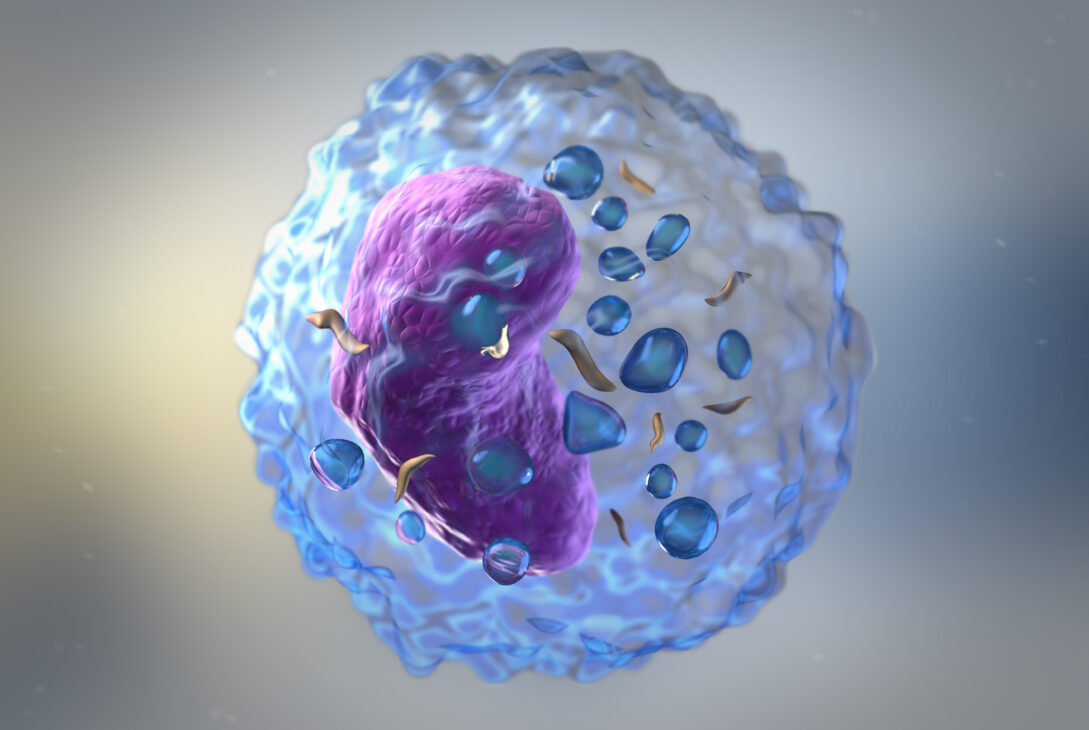Clinical trials are important tools in better understanding both rare and common conditions, as well as developing and evaluating effective therapies to treat patients. In trials, we can learn more about the best treatment dose, treatment efficacy, and how to ensure patient safety. According to a news release from early March 2024, the first participant was dosed in a Phase I/II clinical trial evaluating NY-ESO-1 TCR/IL-15 NK as a potential treatment for relapsed or refractory (R/R) multiple myeloma.
Developed by oncology-focused company Syena, NY-ESO-1 TCR/IL-15 NK is an engineered cell therapy. The treatment uses cord blood-derived natural killer (NK) cells which enhance T-cell receptors (TCR) expression to target an antigen called NY-ESO-1 on cancer cells. An antigen is any molecule or moiety that can cause your immune system to respond by creating antibodies. In this case, this potential therapy prompts the immune system to respond to the multiple myeloma cells.
Within this trial, researchers will evaluate how safe and effective this treatment is for adults with R/R multiple myeloma. More data will be available in the future.
About Multiple Myeloma
Multiple myeloma is a type of cancer that affects plasma cells, a type of white blood cell that contributes to fighting infection. The exact cause of multiple myeloma is unknown, though researchers have found that myeloma cells are often missing part of, or all of, chromosome 13. Regardless, multiple myeloma is characterized by malignant (cancerous) cells that build up in the bone marrow. These crowd out healthy blood cells and lead to a variety of complications. People with multiple myeloma may experience signs such as:
- Fatigue
- Recurrent infections
- Excessive thirst
- Bone pain that may be worse in the spine/chest/hips
- Appetite loss
- Unintentional weight loss
- Nausea
- Constipation
- Kidney damage
- Excessive bruising and bleeding
- Weakness/numbness in the legs
- Confusion
- Hypercalcemia (excess calcium in the blood)
- Thrombocytopenia (low platelet count)
- Anemia (low red blood cell count)
- Low white blood cell count
Treatment can help manage symptoms and increase lifespan. Chemotherapy, immunotherapy, radiation, and stem cell transplantation may be used. If you have multiple myeloma, talk to your doctor; your care team can help determine the best course of action for you.
cell therapy clinical trial multiple myeloma oncology
Last modified: April 15, 2024










